Renovating your home is an exciting opportunity to breathe new life into your living space. However, it’s essential to approach home renovations with sustainability in mind. Sustainable home renovations not only contribute to a healthier environment but also help you save energy and reduce your carbon footprint. In this article, we will explore various ways to renovate your home sustainably, from choosing eco-friendly materials to implementing energy-efficient solutions. So let’s dive in and discover how you can transform your home while protecting the planet.
How to Renovate Your Home Sustainably
How to Renovate Your Home Sustainably
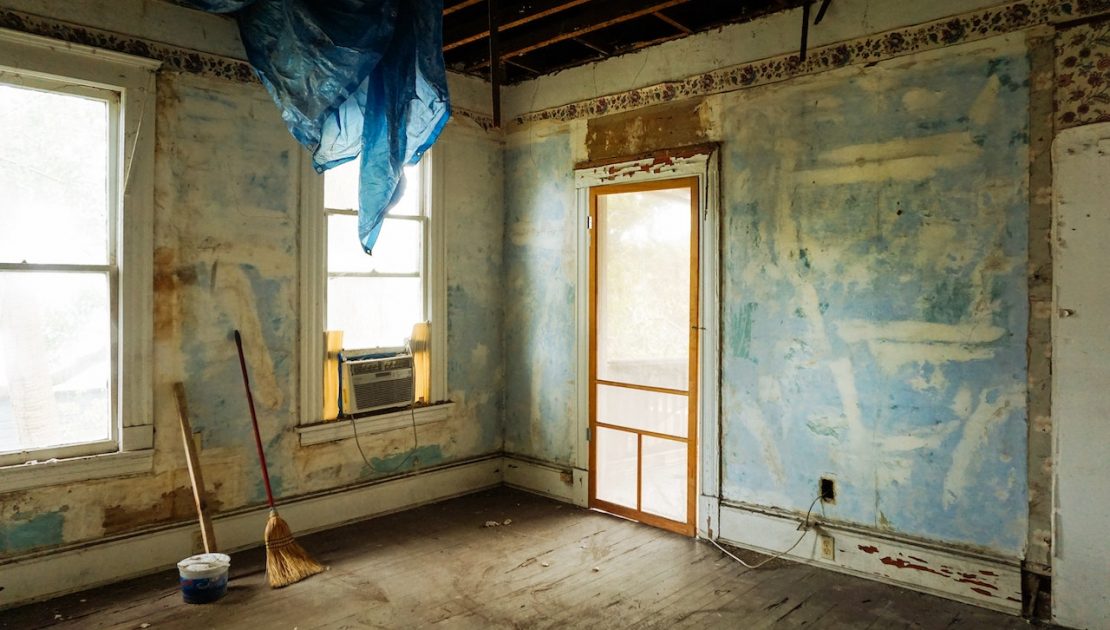
Table of Contents
- Introduction: The Importance of Sustainable Home Renovations
- Assessing Your Renovation Needs and Goals
- Planning and Budgeting for Sustainable Renovations
- Choosing Eco-Friendly Materials
- Energy-Efficient Lighting and Appliances
- Insulation and HVAC Systems
- Water Conservation Strategies
- Harnessing Renewable Energy Sources
- Landscaping and Outdoor Spaces
- Waste Management and Recycling
- Hiring Sustainable Contractors
- Financing Options for Sustainable Renovations
- Monitoring and Maintaining Energy Efficiency
- Creating a Healthier Indoor Environment
- Conclusion
- FAQs (Frequently Asked Questions)
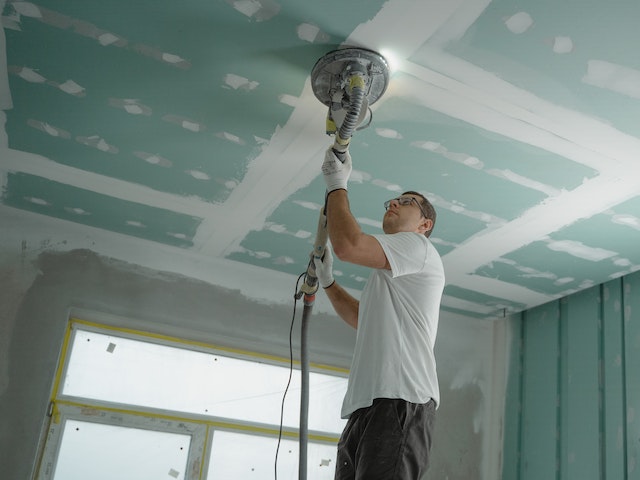
Introduction: The Importance of Sustainable Home Renovations
Home renovations provide an excellent opportunity to integrate sustainability into your living space. By embracing sustainable practices during renovations, you can significantly reduce your home’s environmental impact. Sustainable renovations focus on energy efficiency, resource conservation, and creating a healthier living environment for you and your family.
Assessing Your Renovation Needs and Goals
Before diving into your renovation project, it’s crucial to assess your needs and set clear goals. Consider the areas of your home that require renovation and identify your priorities. Whether it’s improving energy efficiency, enhancing indoor air quality, or reducing water consumption, clarifying your goals will guide your sustainable renovation journey.
Planning and Budgeting for Sustainable Renovations
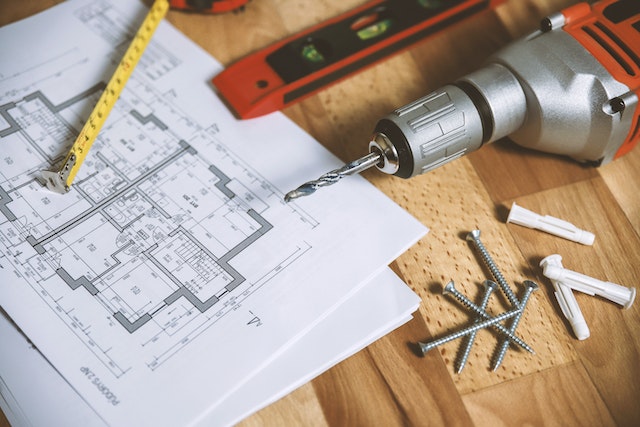
Proper planning and budgeting are essential for successful sustainable renovations. Research sustainable design options, evaluate costs, and create a realistic budget that aligns with your goals. Keep in mind that investing in sustainable materials and energy-efficient systems may yield long-term cost savings through reduced energy bills and maintenance.
Choosing Eco-Friendly Materials
One of the key aspects of sustainable home renovations is selecting eco-friendly materials. Opt for materials that have minimal environmental impact, such as recycled or reclaimed wood, bamboo flooring, low-VOC paints, and natural fibers for carpets and upholstery. Additionally, consider using salvaged materials or repurposing existing items to reduce waste.
Energy-Efficient Lighting and Appliances

Energy-efficient lighting and appliances play a significant role in sustainable renovations. Replace traditional incandescent bulbs with LED lights, which consume less energy and have a longer lifespan. When purchasing new appliances, look for the Energy Star label, indicating high energy efficiency. Upgrading to energy-efficient appliances can significantly reduce your home’s energy consumption.
Insulation and HVAC Systems
Proper insulation and efficient HVAC (Heating, Ventilation, and Air Conditioning) systems are essential for energy-efficient homes. Insulate your home’s walls, roof, and floors to minimize heat loss during winter and heat gain during summer. Additionally, consider installing a programmable thermostat and regularly maintain your HVAC systems to ensure optimal performance.
Water Conservation Strategies
Water conservation is another critical aspect of sustainable home renovations. Install low-flow fixtures in bathrooms and kitchens to reduce water consumption. Consider collecting rainwater for outdoor use and explore options for graywater recycling. Landscaping choices, such as native plants and drip irrigation systems, can also contribute to water conservation efforts.
Harnessing Renewable Energy Sources
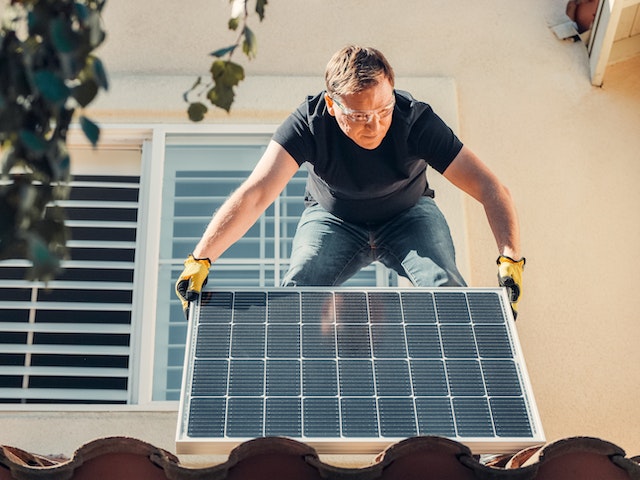
Integrating renewable energy sources into your home can significantly reduce your carbon footprint. Consider installing solar panels on your roof to generate clean, renewable electricity. Evaluate your energy needs and explore other renewable energy options like wind turbines or geothermal heating and cooling systems, depending on your location and resources.
Landscaping and Outdoor Spaces
Sustainable home renovations extend beyond the walls of your house. Pay attention to your outdoor spaces and landscaping choices. Incorporate native plants that require less water and maintenance. Create outdoor living areas using sustainable materials such as reclaimed wood or composite decking. Utilize natural shading and landscaping techniques to reduce the need for excessive watering.
Waste Management and Recycling
During renovations, proper waste management and recycling practices are essential. Minimize construction waste by carefully planning your project and reusing or repurposing materials whenever possible. Separate recyclable materials from general waste and engage local recycling programs. Dispose of hazardous materials safely, following local regulations.
Hiring Sustainable Contractors
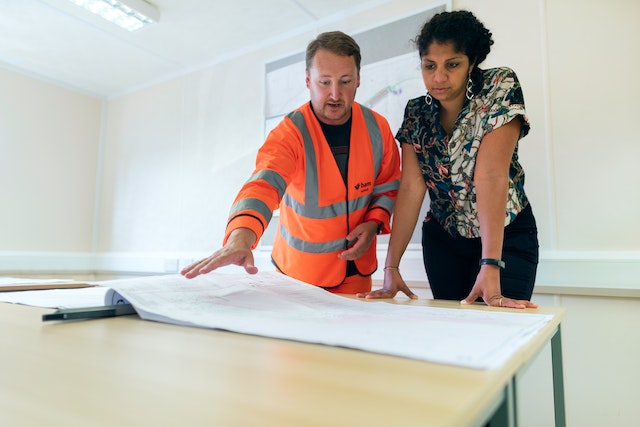
Collaborating with sustainable contractors can make a significant difference in your renovation project. Look for contractors experienced in sustainable construction practices and certifications such as LEED (Leadership in Energy and Environmental Design). These professionals have the knowledge and expertise to incorporate sustainable solutions into your home renovations.
Financing Options for Sustainable Renovations
Financing sustainable home renovations can sometimes be a concern. However, several financing options are available to support your eco-friendly upgrades. Research grants, loans, and incentives are offered by government programs or financial institutions that promote energy-efficient and sustainable renovations.
Monitoring and Maintaining Energy Efficiency
After completing your sustainable home renovations, it’s crucial to monitor and maintain energy efficiency. Regularly inspect your home’s energy systems, seal any air leaks, and ensure appliances and lighting are operating efficiently. Set up a monitoring system to track your energy consumption and identify areas where further improvements can be made.
Creating a Healthier Indoor Environment

Sustainable renovations aim to create a healthier indoor environment by improving indoor air quality and reducing exposure to harmful substances. Choose non-toxic building materials and finishes to minimize off-gassing. Ensure proper ventilation to remove indoor pollutants and maintain a comfortable and healthy living environment.
Conclusion
Renovating your home sustainably allows you to create a space that reflects your values and promotes a healthier planet. By implementing energy-efficient solutions, choosing eco-friendly materials, and adopting sustainable practices, you can reduce your environmental impact while enjoying the benefits of comfortable and efficient living space.
FAQs (Frequently Asked Questions)
- Can I renovate my home sustainably on a limited budget? Absolutely! Sustainable renovations can be tailored to various budgets. Research eco-friendly materials and energy-efficient solutions that align with your financial resources. Remember, even small changes can make a significant impact.
- Are there any tax incentives for sustainable home renovations? Yes, some regions offer tax incentives, grants, or rebates for sustainable home renovations. Check with your local government or energy efficiency programs to explore available incentives.
- How can I find sustainable contractors in my area? To find sustainable contractors, start by researching directories that specialize in sustainable construction. Additionally, ask for recommendations from friends, family, or neighbors who have previously undertaken sustainable renovations.
- Is it possible to renovate an older home sustainably? Yes, renovating an older home sustainably is possible and highly beneficial. Upgrading insulation, replacing outdated appliances with energy-efficient models, and using eco-friendly materials can significantly improve the energy efficiency and sustainability of older homes.
- Can sustainable renovations increase the value of my home? Yes, sustainable renovations can increase the value of your home. Energy-efficient features and eco-friendly upgrades are appealing to potential buyers and can positively impact the resale value of your property.

[…] can yield a home that’s both timeless and contemporary. As with any significant project, planning, budgeting, and professional collaboration are key. With the right approach, your refurbished […]